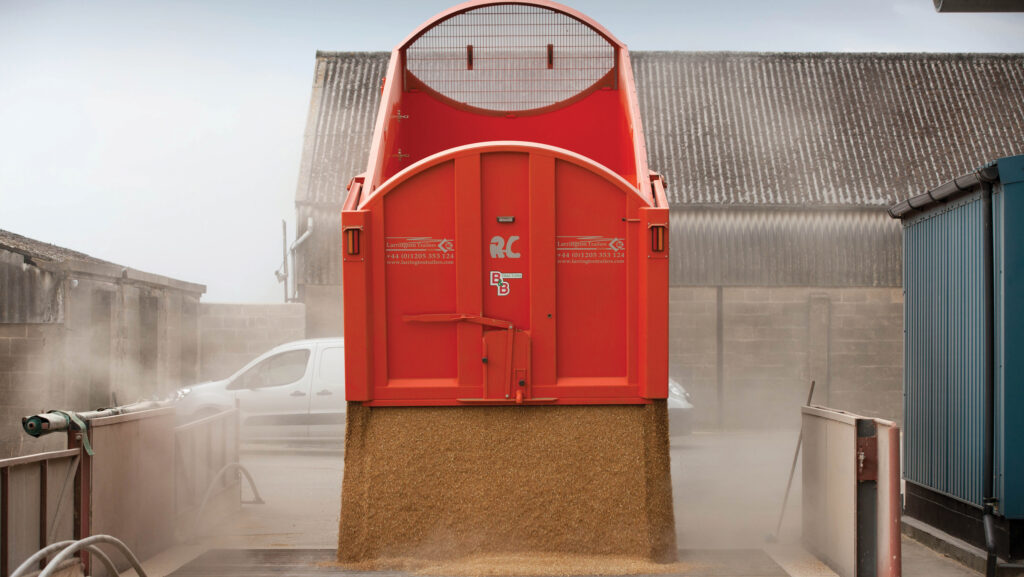Red Tractor develops new entry-level grain standard
 © Tim Scrivener
© Tim Scrivener Red Tractor is developing an alternative entry-level animal feed standard to give growers more options if they only grow feed grains.
The new standard aims to meet legal minimum requirements for food and feed regulations and will give combinable crops and sugar beet scheme members a different choice.
Currently, UK growers must be members of a farm assurance scheme recognised by the Agricultural Industries Confederation (AIC), such as Red Tractor Assurance Crops or Scottish Quality Crops, to supply feed mills in the UK under the Universal Feed Assurance Scheme (Ufas).
See also: Non-assured growers should get access to feed mills, says Red Tractor
If accepted, the new entry-level feed standard would likely allow UK growers access to Ufas mills.
Red Tractor has faced criticism from farmers that its standards are out of step with import standards, and farmers have called for a levelling-up.
Kit Papworth, Red Tractor crops sector chairman, told Farmers Weekly considerable progress has been made drafting the new baseline feed standard and he has been engaged in consultations with industry stakeholders.
The new standard is “on the table” and ready for the industry to accept, Mr Papworth said.
But a decision on whether to introduce it will not be made until after the wider review into Red Tractor and farm assurance is completed this autumn.
“We have worked hard on this scheme to try to find a way forward for the import equivalent for feed,” said Mr Papworth.
“It should give the industry the option when it is launched to produce feed grains as close to a legal baseline as Red Tractor can attain.
Union reaction
NFU Combinable Crops Board chairman Jamie Burrows said: “The NFU supports the principle of a feed grain standard, which provides simplified assurance for grains intended for animal feed.
“However, we feel it could offer limited value to growers if the feed grain supply chain does not accept it. It’s also important to stress that this new standard would only concern feed grains.”
Steve Ridsdale, an arable farmer based in Pocklington, East Yorkshire, said: “It’s good to see more choice available and potential for price premiums for different standards.
“However, non-assured imports have access to all our feed and food markets, so any new standard, if it’s thought to be close to import equivalence, should also be suitable for human consumption/milling wheat markets.”
Mr Ridsdale, who is also chairman of the British Farming Union, said especially for northern growers, it would be useful if the new entry-level standard complies with the Renewable Energy Directive for access to biofuel factories, such as Vivergo and Ensus.
Mr Papworth said access to renewable energy markets is likely to be an option with the new standard.
Aims looks to modernise livestock certification system
The Association of Independent Meat Suppliers (Aims) is looking at alternative measures to the current plethora of third-party audit schemes.
The aim is to streamline the whole ethos of processing certification from farm through to fork.
The system would be based on the Animal Health and Welfare Pathway Reviews, plus further on-farm checks by the vet, real-time movement data via the Livestock Information Service, and further data to satisfy all the current requirements that the various third-party schemes require.
This will all be delivered electronically via an app and launched in England initially.
“Crucially, it will deliver lifetime assurance and farm-to-fork traceability, which has been talked of for years and never delivered,” said Norman Bagley, Aims head of policy.
The system will be integrated with import and export certification to allow customers to trace products back to the original farm in England via a QR code.
This will also be of enormous assistance to the catering butcher sector in terms of product traceability.

